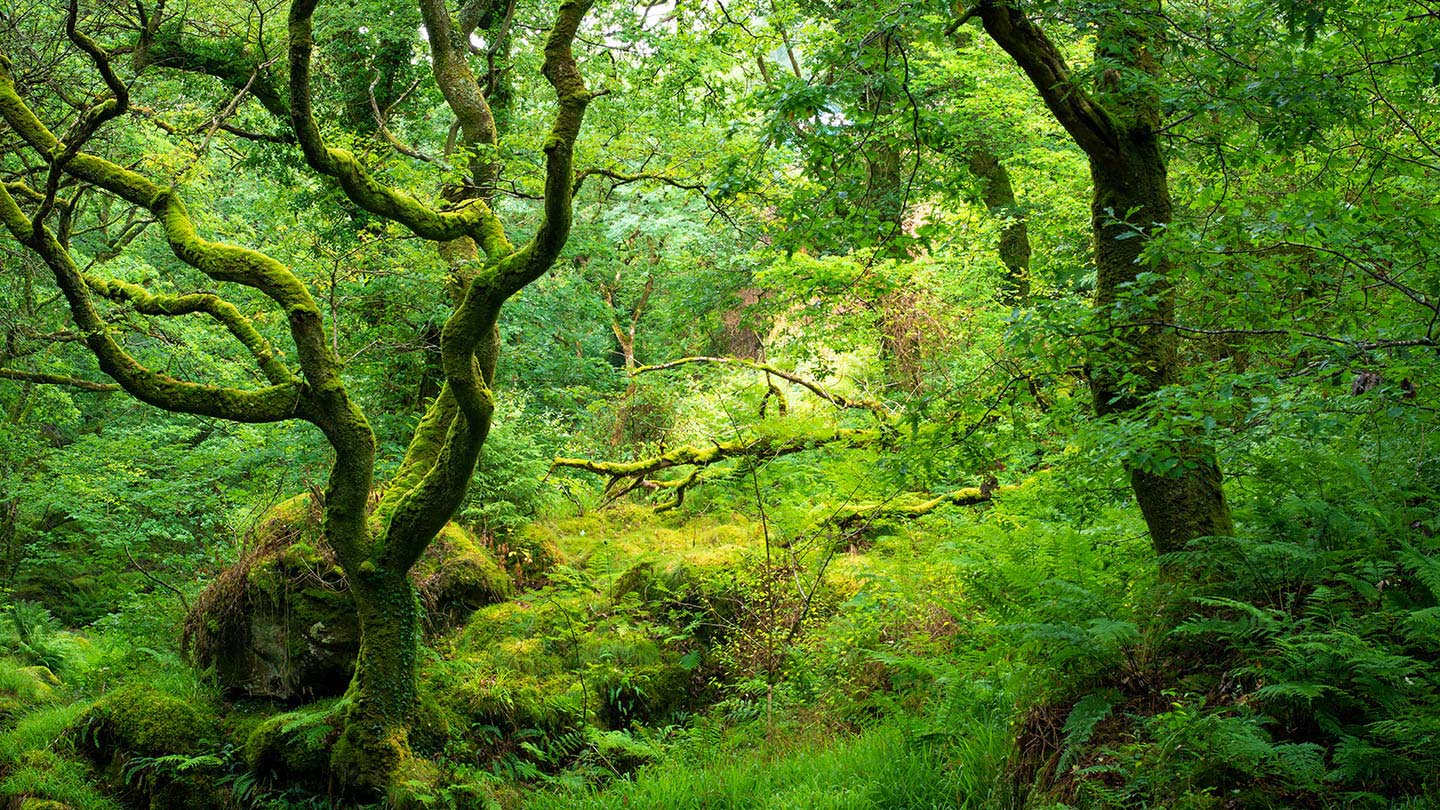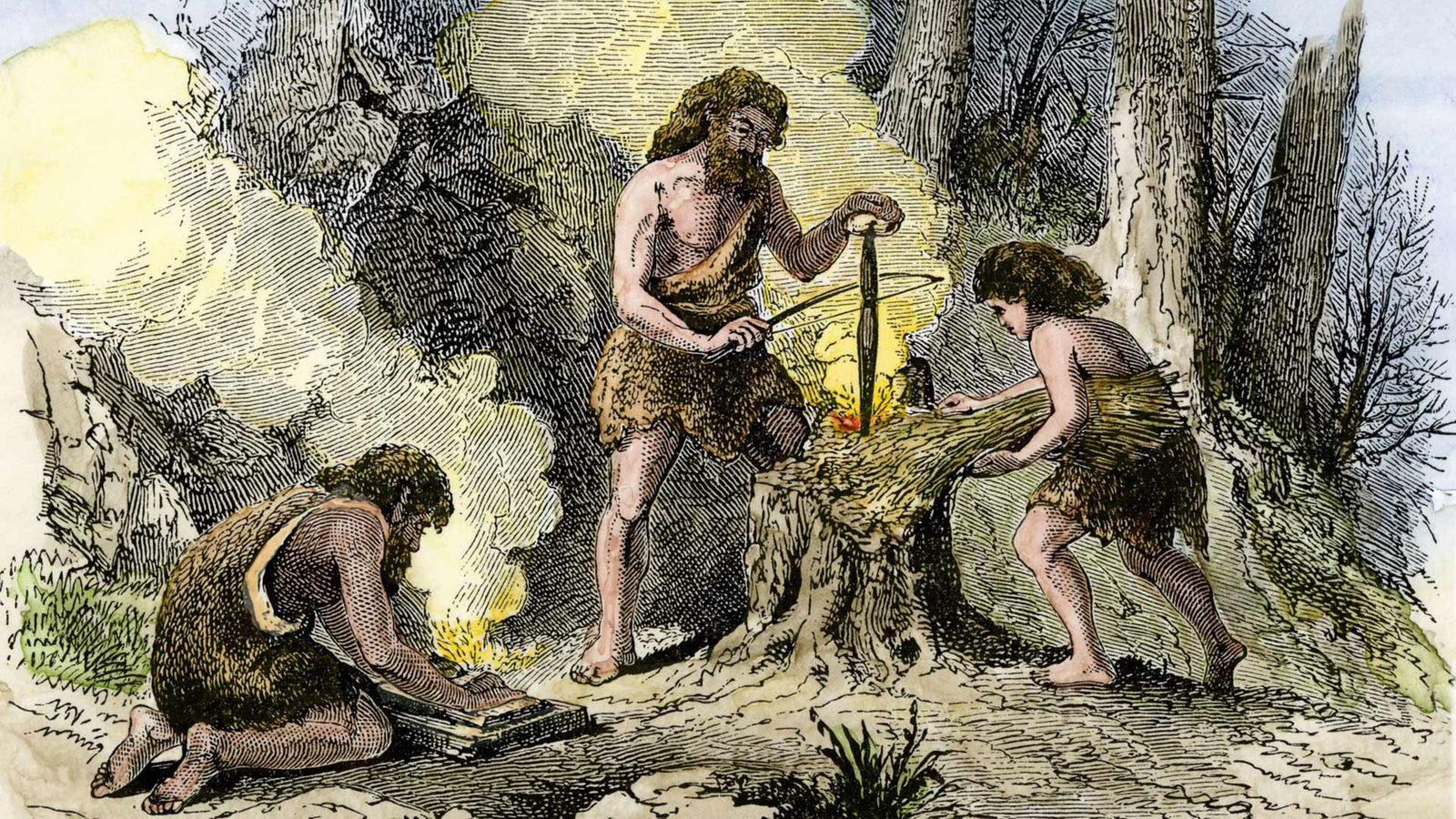As has already been pointed out, Galadriel is not the baseline for 'Elven' abilities. She is highly exceptional. But even here, there is a real seed involved, and it takes at least
some time to grow. And this spectacular growth is not completely unrelated to material requirements like soil and water. It simply proceeds faster than would be expected.
There seems to be some confusion of what is being debated. I don't doubt that Elves could be more efficient in producing their food than humans, at least up to recently. There are some techniques recognized lately, by the 'organic' farming movement, that could allow a fairly small population to produce a generous food supply --
for themselves. Check out
forest gardening some time. By
working with nature, it's technically called 'co-planting', many different food crops can re-enforce each other's growth and even help protect each other from pests and diseases. It's the opposite of our crude technological mono-culture that can also produce large quantities of food, but at considerable costs that we are currently deferring -- soil erosion, pesticide pollution, degradation of the final products (mono-culture crops are provably less nutritious than food grown in a more normal environment), and more. As the environmentalists are warning, these costs will catch up with us sooner or later...
The great disadvantage of intensive co-planting, of course, is that
it cannot be mechanically harvested. You just can't design a single machine to gather all of those different fruits and vegetables from the same plot. This difficulty would probably not even occur to Elves. They would certainly be repulsed by modern mechanical agriculture. But, that means it cannot support very large populations. All of the eaters -- or at least the chefs! -- need direct access to the food sources. The ultimate getcheroni!
But this is not 'creating food by magic' or song or whatever. It's simply a smarter way to get real
better food with less effort.


